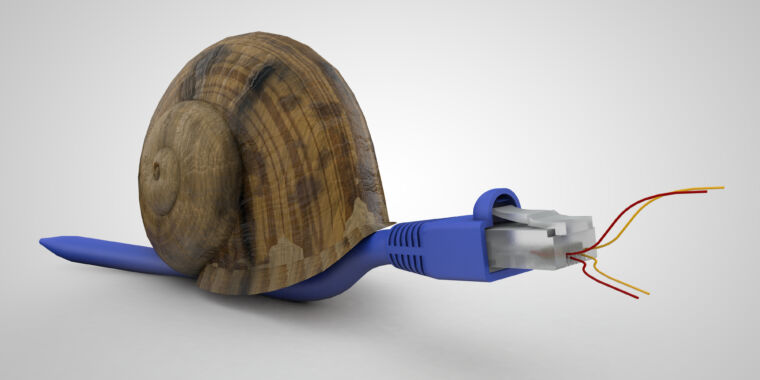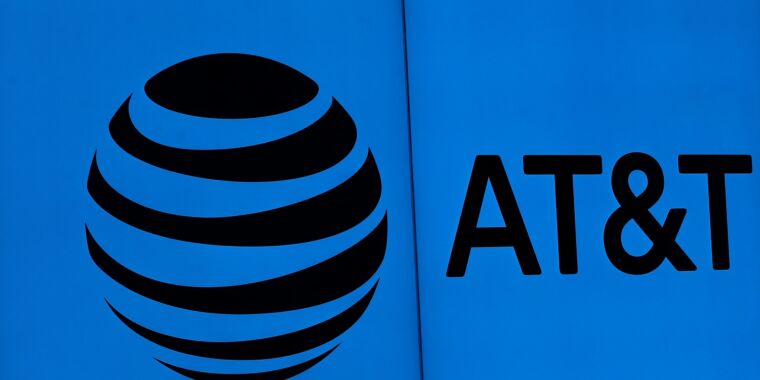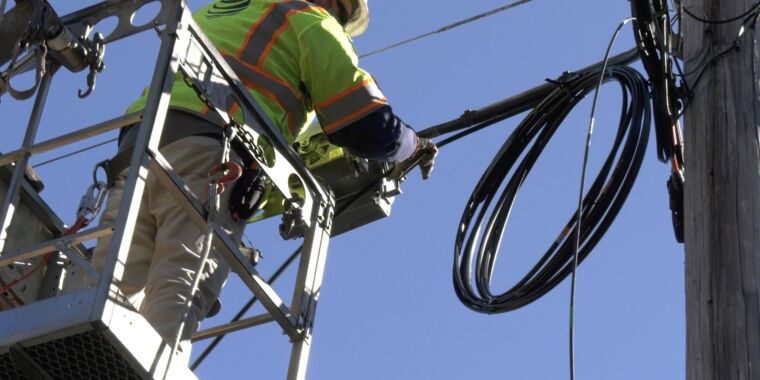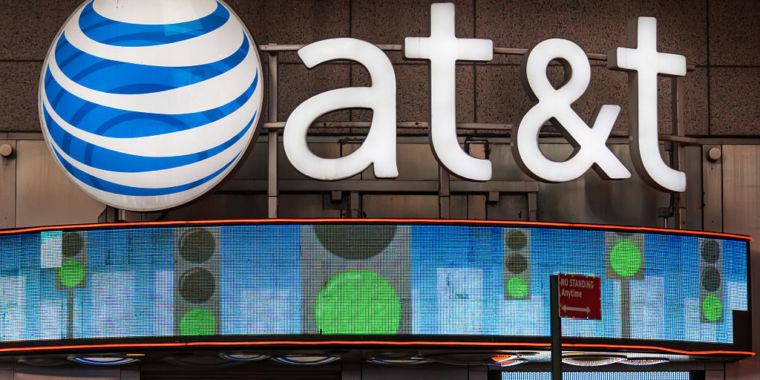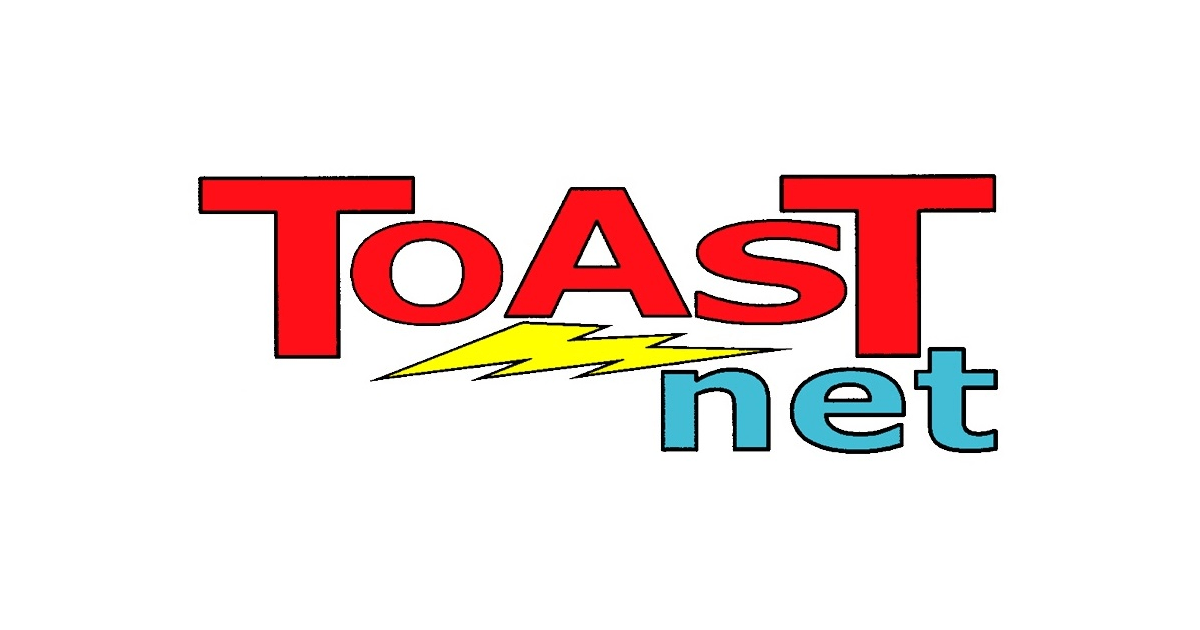Speaking of which. When cable starts doing FDX it will challenge Telco more directly with symmetrical speeds. This more bandwidth at cheaper prices.
Yeah, curious to see what the growing pains will be. Which will choose FDX and which will go ESD. Both require a massive infrastructure upgrade which begs the question, why not just go full fiber? You're going to have to replace the nodes, amps, and power supplies, and a lot of the existing coax anyway.
I'll be curious to see how 1.9ghz over coax with tight channel spacing and 4k QAM actually performs in the real world with interference etc. Not to mention the 3ghz they're talking about already.
Both technologies have proven pretty difficult to get stable, and it will only get worse when they try to put it over aging cable plants. We'll see.
Cable is turning into the fat girl in size 0 yoga pants. At some point those suckers are gonna split.
The fiber providers are well positioned to win this war at every step. FIOS in my area is still running 1.25G wavelengths but putting people on dedicated fibers for the most part, especially if you get gig internet. All they have to do is upgrade the head end and ONT and they can go to 10, 100, 400, even terabit - everything else in the path is passive (though not sure at what point the beam splitters and TDM on the upload will choke, but I'm sure they're already working on more precise timers and better splitting technology).
Honestly I'm still surprised the cable companies haven't eliminated SD channels (not that it is a huge amount of bandwidth, but the cable box can easily down convert when needed). Some are even still using broadcast instead of multicast, you can tell by how quickly you can channel surf.
Must suck to always be trying to catch up and rig your old tech to do new things. But I guess its fun and interesting find and set new limits.
But I'm willing to bet we'll see a lot more 4K and 8K on fiber than cable. Even with standard 1080 HD, cable is ridiculously compressed. Cable seems to have given up on TV and focused strictly on internet (which I guess makes sense with cord cutting, the money is in data).


